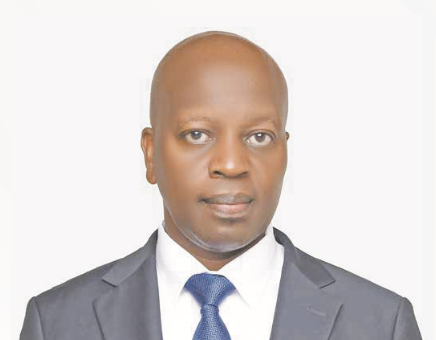Judges are meant to protect justice, not auction it to the highest bidder, yet the case of Migori-based Judge Fred Nyagaka exposes a rot that undermines public trust.
Accused of taking a Sh10 million bribe to sway a ruling, his name now hangs heavy over the judiciary, an institution already battling a reputation of favoritism and corruption.
What makes this case even more troubling is that instead of addressing the grave allegations, the system turned its sights on a journalist whose only crime was asking questions.
Standard Group photojournalist Collins Kweyu was arrested at Nairobi’s Central Police Station after reaching out to the judge for his side of the story, a basic step in fair reporting.
Kweyu’s detention last Friday sent shockwaves through Kenya’s media circles. For journalists, seeking comment from the accused is not optional but part of ethical practice.
Yet in this instance, it was treated as an offense, sparking outrage from press unions. The Crime Journalists Association of Kenya and the Court Reporters Association of Kenya strongly condemned the move, calling it a crude attempt to silence inquiry and intimidate the press.
Their swift pressure helped secure Kweyu’s release later that evening on a free bond, though his phones were confiscated, raising concerns about interference with his work.
The allegations against Judge Nyagaka cannot be brushed aside as routine gossip. Positioned in the Environment and Land Court, he presides over cases that often involve high-value disputes tied to property, agriculture, and natural resources.
These are areas where corrupt decisions can destroy livelihoods and enrich a few. Reports that he demanded Sh10 million to tilt justice strike at the very core of judicial integrity.
While Nyagaka has not publicly responded, attempts by journalists to get his side should never trigger arrests. Instead, such claims should prompt swift, transparent investigations by the Judicial Service Commission, which has previously handled misconduct complaints against judges.
This incident also highlights the dangerous climate in which journalists operate. In recent years, Kenyan reporters investigating corruption or abuses of power have faced harassment, intimidation, and arrests.
Such tactics erode the constitutional promise of free speech and transparency. If journalists cannot question judges accused of bribery without fear of detention, accountability collapses.
In Migori, where land and mining disputes are frequent, corruption in the courts could tilt outcomes unfairly, deepening conflict and disenfranchising ordinary citizens.
Kweyu’s release is a relief, but the arrest itself exposes how fragile press freedom remains. Rather than shielding a judge from scrutiny, the judiciary should welcome open examination of allegations.
Protecting a crooked official erodes justice more than exposing them ever could. Kenyans deserve judges who uphold fairness, not those who treat the bench as a marketplace.
By targeting the messenger, those in power have only deepened suspicions that the accusations may hold weight. What is needed now is not silence, but answers and accountability.
There's no story that cannot be told. We cover the stories that others don't want to be told, we bring you all the news you need. If you have tips, exposes or any story you need to be told bluntly and all queries write to us [email protected] also find us on Telegram

